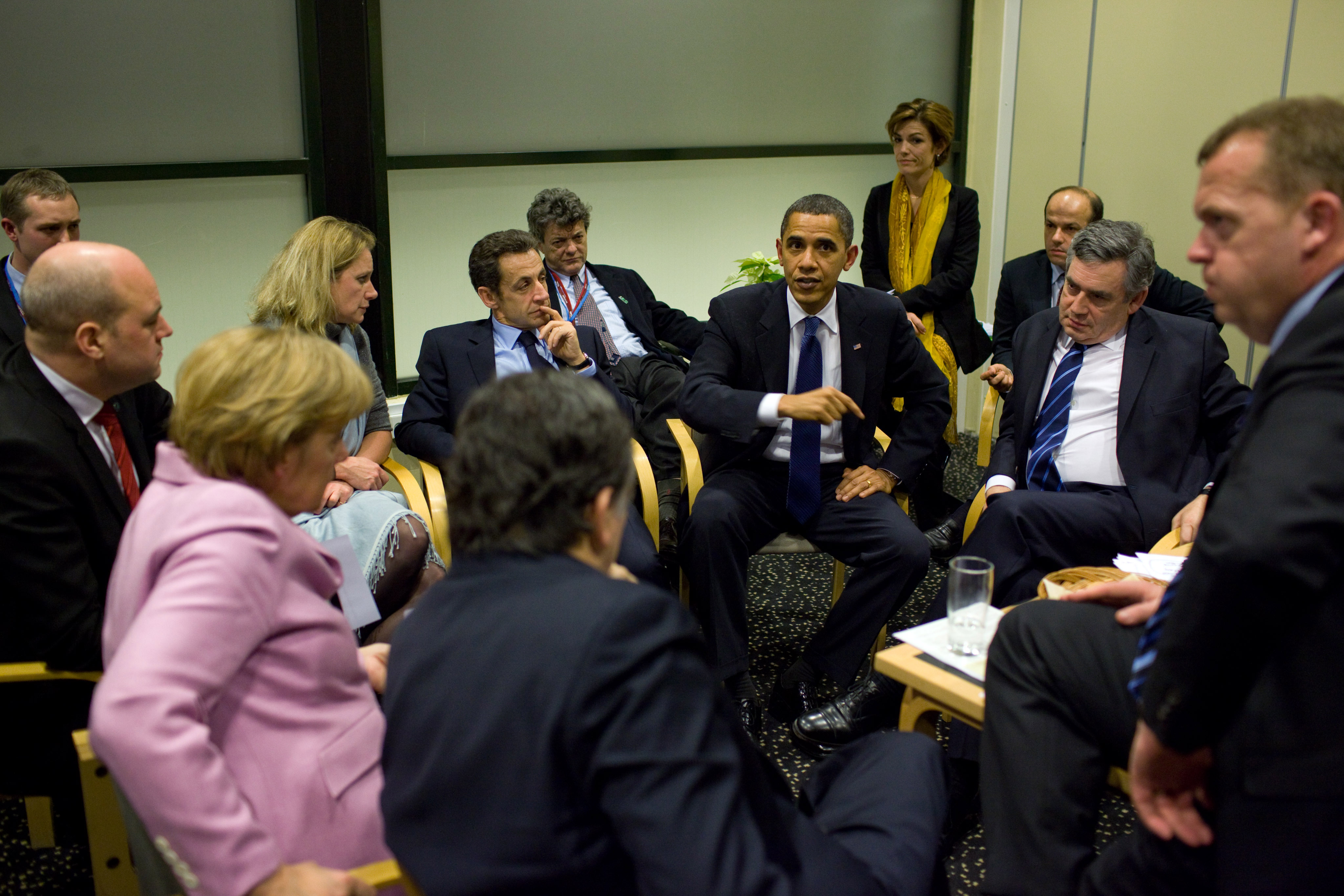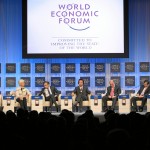Judging from the rhetoric of grand speeches on foreign policy one would be forgiven for thinking that ideological and moral convictions were the main forces at play in international politics. In reality however an increasingly multipolar environment will be forcing leaders around the world to put realpolitik before political colour.
For the United States the geopolitical forecast, a lot of which it has had a hand in shaping, is not looking too bad. Its demographic outlook is quite positive, with net immigration and a healthy birth rate that compares favorably to both its global allies and competitors. The fracking revolution is on its way too, turning the formerly troublesome question of energy supply around and the geographical position, a calm and largely friendly neighborhood, separated from most of the world’s potential hotspots by two oceans, keeps being a major asset. The same, however, cannot be said about some of its oldest and closest allies.
In Europe, Britain has long since been the US’s ally of choice, their relationship is referred to as “special” on both sides of the Atlantic on the basis of shared cultural, historical and ideological backgrounds. For Washington, the Brits have been important allies in themselves, but perhaps most importantly as a way into Brussels, a strong liberal voice to counterweight conservative and leftist views on the continent. The British commitment to Europe, however, has come to look less and less certain. As the euro zone slowly but surely moves towards deeper consolidation, a Eurosceptic public is putting pressure on the government to renegotiate the terms of its membership in the EU or even leave the union entirely. Recently a comment by John Kerry served to highlight the relationship; he was quoted as calling France Americas “oldest ally” as Francois Hollande put his weight behind US plans for strikes on Syria while the House of Commons defeated a bill proposing for Britain to do the same. While the headlines declaring the birth of a new “relation spéciale” were surely a bit hasty, they show that without its strategic component, the relationship is far from set in stone. In the longer run though, Berlin, rather than Paris, looks likely to replace London on Obamas speed-dial. Germany has emerged from the Euro crisis as something of a European hegemon. A weakened France and an absent Britain has left space for German leadership and in Angela Merkel the Americans see a strong leader they respect and can cooperate with.
The chemical weapons deal struck on Syria was hailed as a success for diplomacy and a rare moment of alignment in the interests of the permanent members of the UN Security Council. In Syria however, the brutal civil war continues and a resolution to the conflict seems further away than ever. The American unwillingness to put boots on the ground is widely supported at home, but fiercely criticized by another key US ally, Israel. Abandoning Israel would surely still be political suicide for any American politician, but so would another lengthy and costly military campaign in the Middle East. The steadfast rhetorical support looks increasingly blurry when seen through the lens of realpolitik.
Strains like these are also increasingly visible in the US-Japanese relationship. Ever since the Second World War, Japan has relied on the US for its security, as the size of its own military is constrained in its pacifist, US written, constitution. The emergence of China on the world stage has created friction in what it sees as its sphere of influence. Several disputes regarding the maritime territory in the South and East China Sea has emerged and does not look likely to go away. Japan has had decades of stagnated economic growth and with an old and ageing population the future is less than certain. As China continues to grow the world will be more and more shaped by how the bilateral relationship with the US turns out. As the US seeks to accommodate China there will surely be trade-offs to be made in situations where Japan and China are both involved. Once again the pendulum seems to be swinging towards the strategically, rather than ideological choice.
The outspoken priority of the second Obama administration is fixing the economy. It is a priority shared by and large by the American people, tired of costly foreign engagements and worried of high unemployment and a feeble economic recovery. But the world does not stop moving just because you do your best to ignore it and the world will surely come knocking on the door more than once before the term is over. Obama hopes to be remembered for domestic triumphs like the health care reform and for hopefully reinvigorating the economy; but with so much geopolitical force at work, his legacy might very well be decided by how he handles himself on the international stage.
Text: Anton Ståhl



